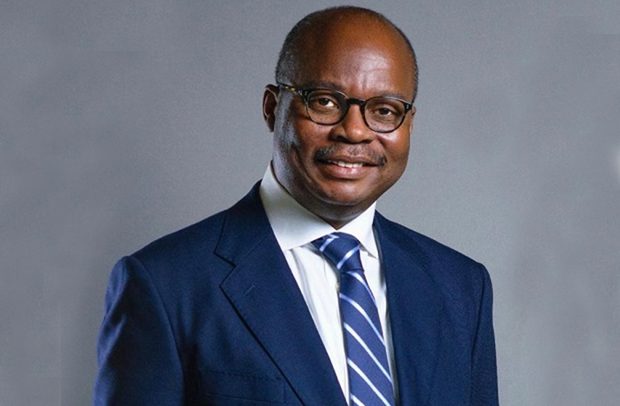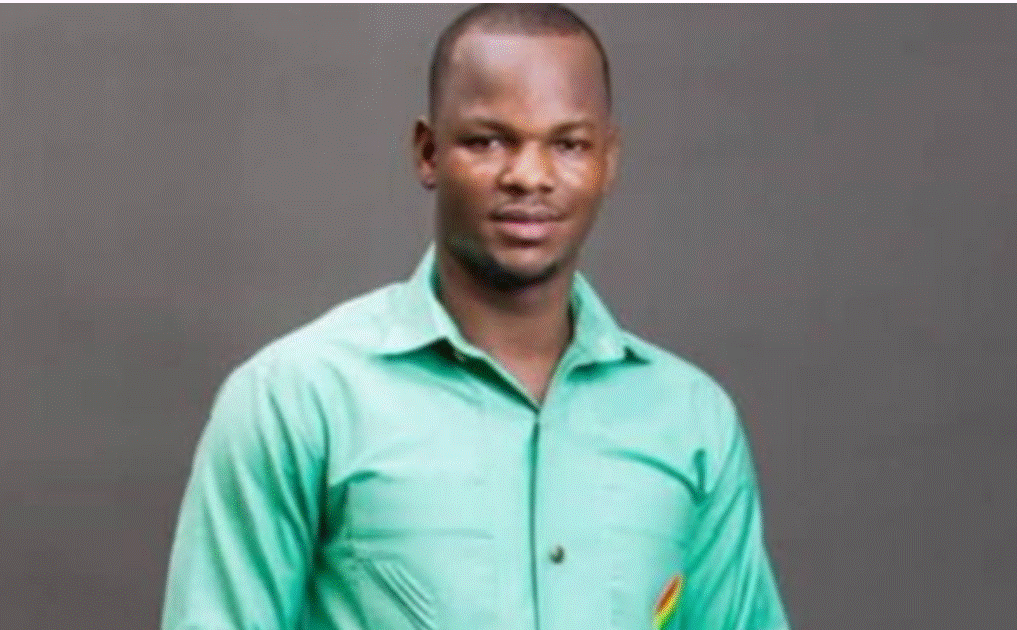
The Bank of Ghana (BoG) and International Monetary Fund (IMF) believe the time is ripe to transition toward more market-determined currency pricing.
This belief is premised on the back of strong cedi appreciation and an overperformance in rebuilding international reserves. Given these developments, BoG is expected to reduce its dominant role in the country’s foreign exchange (FX) market.
In a further step, the central bank is developing an internal FX intervention policy framework that will guide the scope, instruments and governance of its operations in the FX market. The framework, which is expected to be adopted by BoG’s board by end-September 2025, will codify the central bank’s discretion under a constraint approach to currency interventions.
The IMF, in its recent programme assessment, urged BoG to deepen the interbank FX market and reduce its footprint to allow the exchange rate to respond more freely to market dynamics. Greater transparency and predictability, the IMF argued, will enhance investor confidence and align Ghana’s monetary architecture with international best practice.
“Replacing bilateral adjudications with a transparent auction-based FX system represents an important improvement to transparency of the BoG’s FX operations,” the Fund notes.
“Deepening the interbank FX market by reducing BoG’s footprint and allowing for greater exchange rate flexibility should be a priority,” it added.
By April 2025 reserves had grown to about US$10.7billion, covering more than three months of import needs. The cedi has recorded strong gains in recent weeks, buoyed by improved FX inflows, a strengthened reserve position and tightening monetary policy.
Market data from Databank last week indicated that the cedi appreciated by 6.36 percent week-on-week against the US dollar to close at a mid-rate of GH¢11.80/$ – representing a cumulative gain of 31.57 percent year-to-date.
The currency’s recent performance reflects a confluence of factors which include larger-than-expected cocoa receipts, a strong pipeline of inflows from the Domestic Gold Purchase Programme (DGPP) and consistent overshooting of Net International Reserve (NIR) targets under the IMF-supported programme.
The BoG says it remains committed to enhancing exchange rate flexibility, modernising FX operations and improving the governance of its interventions. It has fully exited sell buy-back operations and earlier swap arrangements with commercial banks.
In a related development, BoG is seeking to strengthen its currency forecasting and management systems, amid rising demand for physical cash and parallel growth of digital payments.
The central bank is prioritising innovation of its cash supply chain and investing in systems to better predict demand, reduce costs and preserve the national currency’s integrity.
In spite of a global shift toward electronic payments, cash remains the dominant medium of exchange in Ghana’s formal and informal economies. In acknowledgement of this enduring role, it becomes important to balance physical and digital ecosystems.
Cash remains the most trusted and accessible means of transaction. However, currency degradation remains a persistent issue. Mr. Dominic Owusu, Director-Currency Department, BoG, ascribes this phenemenon to the country’s tropical climate as a contributing factor to faster deterioration of notes compared with those in temperate regions.
Additionally, frequent replacement comes at a cost to the economy.
As part of its public engagement strategy, BoG is preparing to launch a new currency education campaign in connection with the cedi’s 60th anniversary.
The initiative will coincide with a global conference scheduled for November 2025, bringing together central banks, policymakers and currency production institutions to reflect on six decades of Ghana’s monetary sovereignty.
The cedi was introduced on July 19, 1965 – replacing the Ghanaian pound – and is seen as a core symbol of the country’s economic identity.
The post Editorial: BoG reduces dominant role in FX market appeared first on The Business & Financial Times.
Read Full Story














Facebook
Twitter
Pinterest
Instagram
Google+
YouTube
LinkedIn
RSS